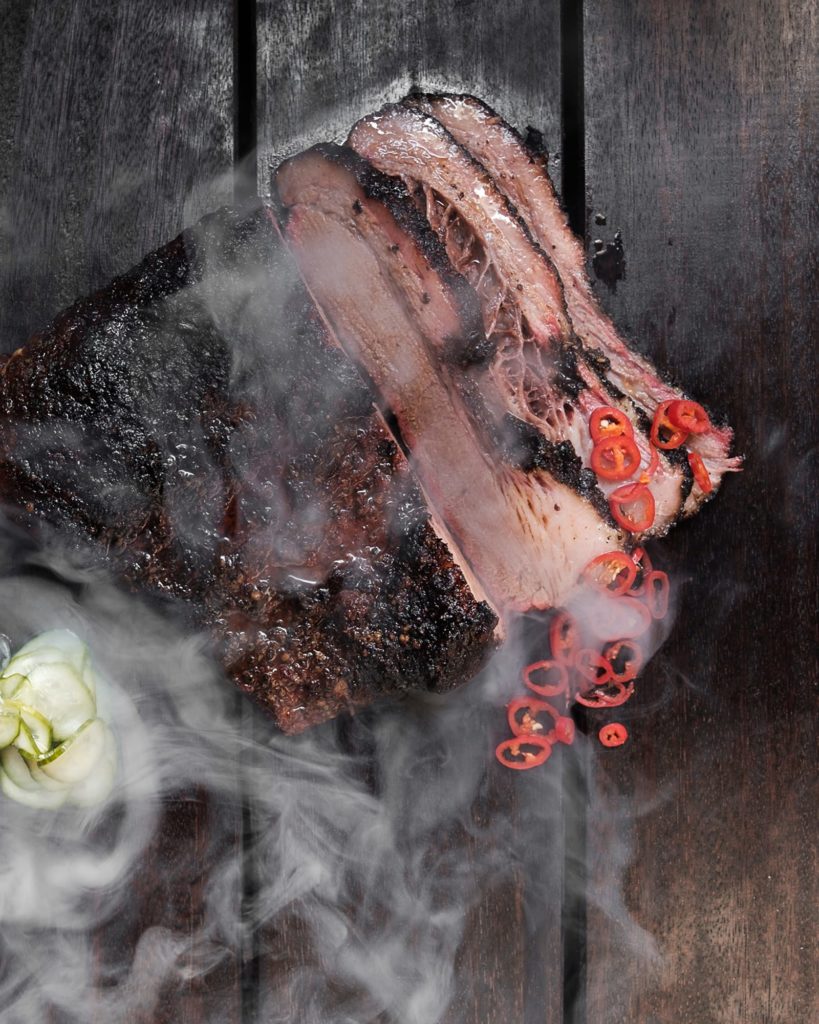The jewel in Akiva’s platinum portfolio is 1OAK, arguably the world’s most famous nightclub brand, which he has successfully launched in New York, Las Vegas, Aspen, Mexico City, The Hamptons, Los Angeles and the Maldives. In 2017 he opened 1OAK in Tokyo and this year he brought the brand to Dubai, something he described as “monumental”.
A polite, calm and softly-spoken man, Akiva contradicts the stereotype of nightclub mogul. Dressed expensively but simply in a black shirt, black trousers and white sneakers, the 38-year-old told EDGAR his remarkable story from his suite at the JW Marriott Marquis Hotel. We started by asking him about his days as a skateboarding teen galivanting around downtown Manhattan after dark, trying to sneak into clubs.
